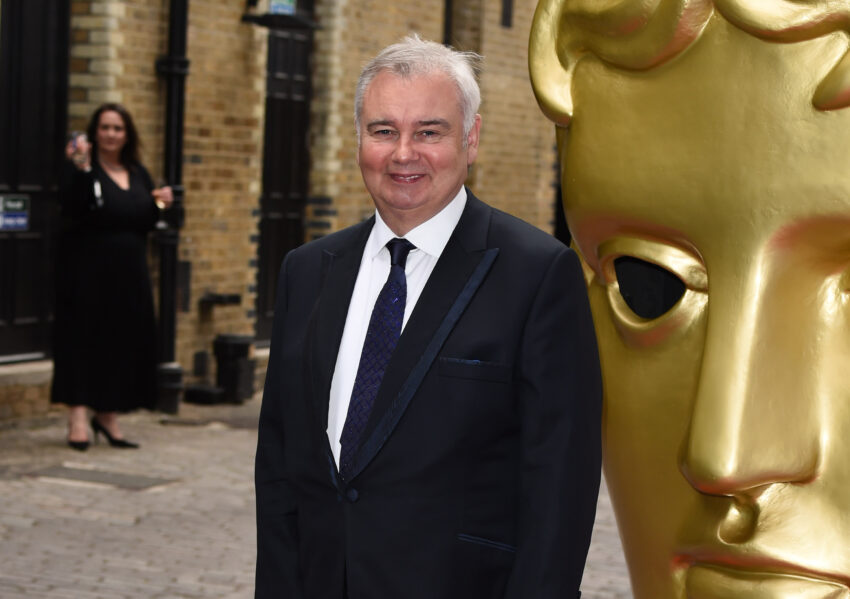
Eamonn Holmes has lost an appeal over a tax ruling associated with his earnings as a presenter on This Morning.
Upper Tribunal judges upheld a previous decision that the 63-year-old broadcaster should pay tax as an ITV employee for his work on the programme, rather than as a freelancer.
In a judgment given on Wednesday, Mr Justice Mellor and Judge Jonathan Canna said they were “satisfied” that the First Tier Tribunal which originally dealt with Mr Holmes’ claim in 2020 “considered the overall picture”.
They said they were not convinced by Mr Holmes’ lawyers assertion that the tribunal overlooked “characteristics which might have indicated that the ITV contracts were part of Mr Holmes’ self-employed business activities”.
The judgment added that Mr Holmes declared “profits from self-employment included on his tax returns” from 2011 to 2015 of “between £169,371 and £348,286”.
Now a GB News anchor, Mr Holmes presented This Morning alongside his wife Ruth Langsford every Friday for 15 years until announcing his departure in November 2021.
He brought the case against HMRC over the income tax and national insurance it levied on the money which ITV paid to Mr Holmes’ company Red, White and Green Limited between 2012 and 2015.
HMRC said Mr Holmes needed to pay tax under what are known as off-payroll working rules because, if he has a contract directly with ITV, he is classed as an employee.
Lawyers representing Mr Holmes argued that the journalist was freelance and his income was accounted for as being from self-employment.
The case comes as a similar one against Match of the Day Presenter Gary Lineker was also heard, with Lineker winning his appeal against £4.9M of alleged unpaid tax in that case.
After reading the decision, Dave Chaplin, CEO of tax compliance firm IR35 Shield, who observed the hearing said: “Seeking to appeal a decision from the First-tier tribunal requires an error of law to be identified, for which the bar is high.
“Whilst some very compelling arguments were made, there is limited scope for the UT to interfere with the evaluative judgment of the FTT.
“The arguments that Holmes was in business on his own account, in particular for his work on Sunrise, could not be fully explored, because the FTT did not have sufficient evidence to make conclusions. Therefore, the UT was unable to interfere with that aspect.
“In light of HMRC saying they disagreed with the Gary Lineker decision, it will be interesting to see if HMRC agree with this one.
“I personally think the overall result for Holmes is wrong, but the difficulty is that the Upper-tier is not a full rematch, and more evidence cannot be put on the table. The UT referred to the evidence (and insufficiency of) a few times, and it is notable that Holmes’ barrister wanted more evidence to be adduced. The challenge for Holmes is that he would have needed a time machine to know what the Court of Appeal was going to say many years later in relation to being in business on his own account, which was released on 26th April 2022 in the Atholl House case. Had he and his advisor known, then perhaps more evidence would have been put before the tribunal, and the outcome would have been different.”